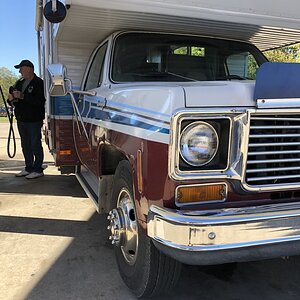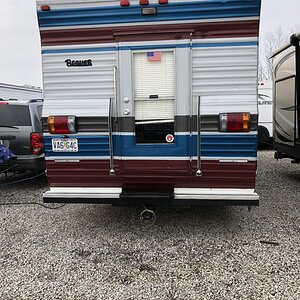Joe Hogan
RVF Supporter
- Joined
- Nov 3, 2019
- Messages
- 2,787
- Location
- Florida
- RV Year
- 2024
- RV Make
- Newmar
- RV Model
- Dutch Star 4311
- RV Length
- 43
- Chassis
- Spartan
- Engine
- Cummins
- TOW/TOAD
- 2018 Ford Flex
- Fulltimer
- No
I see many folks store their powered equipment without changing fluids, leaving that task to before the first trip in camping season.
It has always been my practice to change engine oil and any other fluid in need of changing prior to storage.
My thinking is to remove any built up acids and moisture prior to storage.
Thoughts?
It has always been my practice to change engine oil and any other fluid in need of changing prior to storage.
My thinking is to remove any built up acids and moisture prior to storage.
Thoughts?













